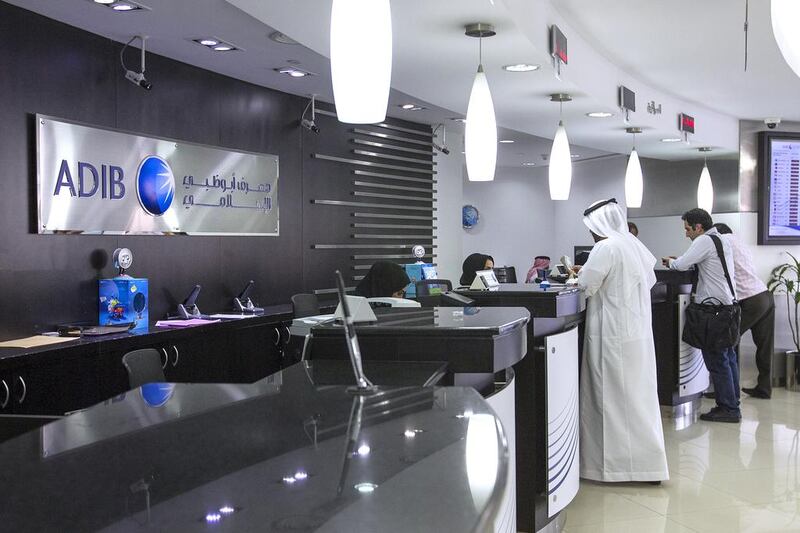Rejection rates on consumer loans have increased by 10 per cent at Abu Dhabi Islamic Bank (ADIB) since it started using credit bureau data.
Now its chief executive has warned that over-indebtedness in the UAE will not be reduced until all banks start to use the recently launched credit bureau.
Designed to help keep credit growth in check and prevent consumers and corporations from overstretching themselves, Al Etihad Credit Bureau started operations last year. Since then, however, its progress has been slowed by concerns over the accuracy of its information and questions of legal liability. The UAE has one of the world’s highest rates of indebtedness at $95,000 per household, banking executives said. “We were the first large bank to join the credit bureau and I would like to see all the large banks join,” said Tirad Al Mahmoud, ADIB’s chief executive.
“They have not really all joined until now. I think when all the banks, the large banks, join the credit bureau, then you will see financial discipline play its role.”
Mr Al Mahmoud said that ADIB’s rejection rates on consumer loans have jumped nine to 10 per cent since the bank started using it.
He said at the same time the bank is beefing up the amount of money it sets aside to take care of bad loans, or provisions. About 55 per cent of the bank’s outstanding loans are to individuals, according to the its most recent investor presentation. That makes ADIB’s total loan book one of the most heavily skewed towards individual customers. Analysts say this has made the bank keen to get a head start on the credit bureau to keep potential losses arising from over-indebted clients under control.
“I can tell you we have been building provisions in anticipation of that,” Mr Mahmoud said. “We’re taking precautionary measures”
Jaap Meijer, the head of financial services research at the Dubai-based investment bank Arqaam Capital agreed, saying that it was good that the bank was improving its lending standards ahead of any unexpected losses that the credit bureau may eventually expose.
The UAE’s other biggest banks, Emirates NBD, Abu Dhabi Commercial Bank, National Bank of Abu Dhabi and FGB, did not immediately reply to requests seeking comment. Nor was the Al Etihad Credit Bureau immediately able to respond.
The credit bureau opened for business in November, but concerns surrounding who would be responsible for incorrect data made some banks hesitate to use it initially. While that issue has been resolved, banks are not obliged to use the bureau when making lending decisions, the head of the bureau, Marwan Al Lutfi, said last month.
The federal government passed a law in 2010 to establish the bureau, requiring all banks to participate in giving data.
The bureau’s database of the credit history of all retail borrowers enables banks to build an accurate picture of a potential borrower’s indebtedness, and allow them to assess their ability to honour the debt. Previously, banks could not check the credit history of customers relating to other lenders.
Standard Chartered, an early adopter of the credit bureau, said it was upbeat that the bureau would start to have a bigger effect later in the year.
“We have started reporting and sharing data with the bureau from July 2013 since we view this as a positive step in enhancing transparency in the industry,” said Jaydeep Gupta, the Dubai-based regional head of retail clients at Standard Chartered.
“This measure will lower the cost of consumer borrowing and increase risk appetite for banks to lend more. As it gets executed, all applications will be subject to credit bureau reference. It is still in the early stages and we will see a more direct effect over the coming months.”
mkassem@thenational.ae
Follow The National's Business section on Twitter





